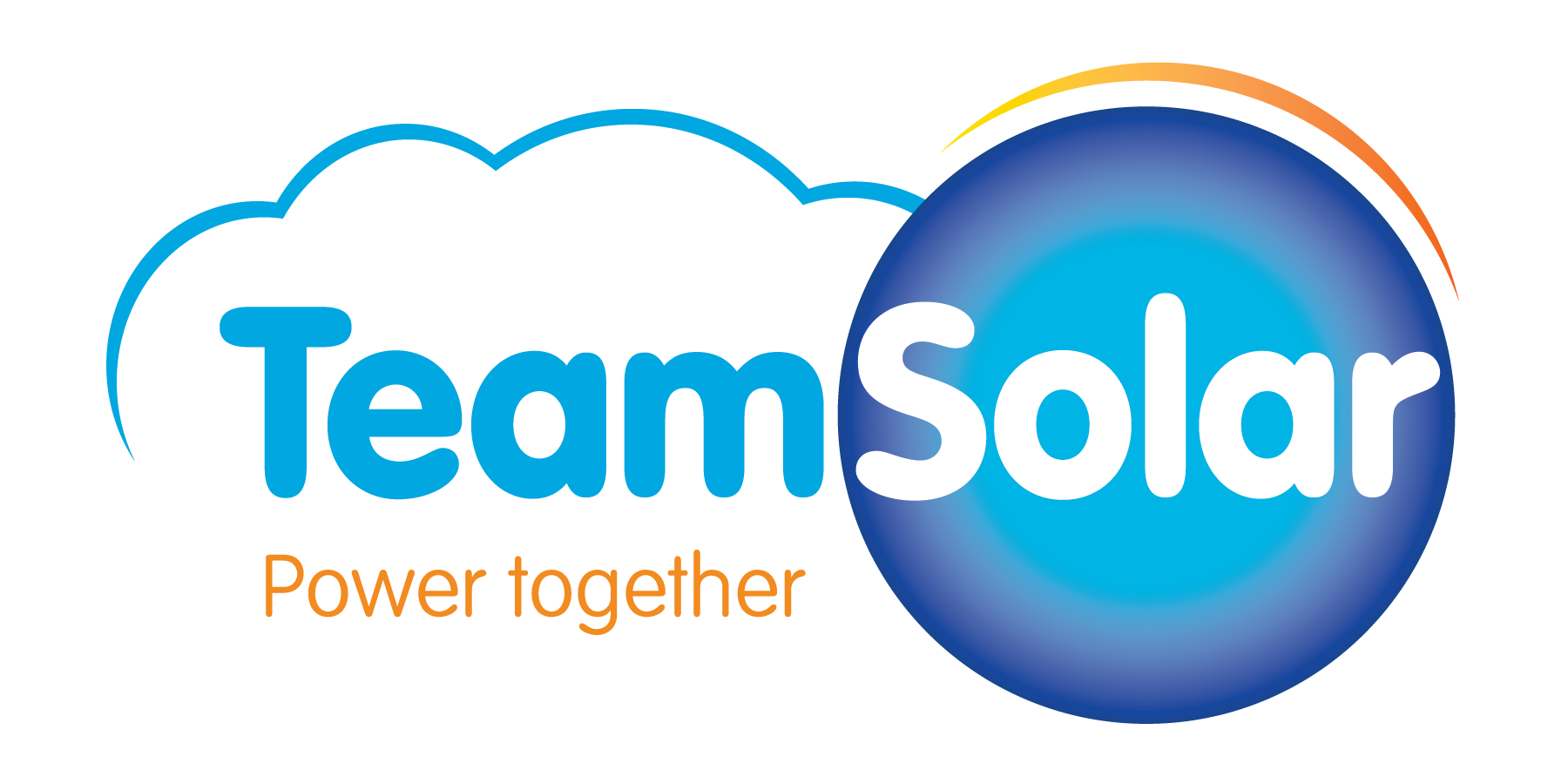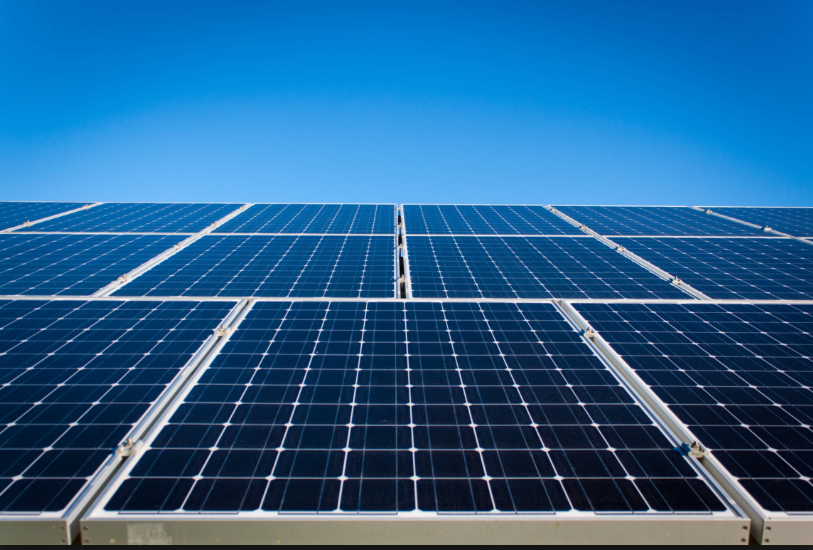Are you a Maine homeowner looking to take control of your energy costs while reducing your carbon footprint? Look no further! Team Solar is here to help you harness the power of the sun and make a positive impact on your home, your wallet, and the environment.
Why Residential Rooftop Solar is a Better Choice than Community Solar | Better for Maine Homeowners
Solar power has become a popular choice for many homeowners in Maine as they seek clean, renewable, and cost-effective energy solutions. In recent years, there has been a growing interest in solar energy, and two main options have emerged: residential rooftop solar and community solar. A recent article by the Portland Press Herald has spurred debate and doubt on Maines solar industry but should residential solar be lumped in with community solar? While community solar has its merits, residential rooftop solar has proven to be a better choice for Maine homeowners for several reasons, including the use of local labor, local investment, economic value, and environmental impact.
-
Local Labor: Residential rooftop solar projects in Maine create jobs for local labor. When homeowners choose to install solar panels on their rooftops, they often work with local solar installers, which stimulates the local economy and supports local jobs. These jobs include solar panel installation, maintenance, and other related services, providing employment opportunities for the people in the community. In contrast, community solar projects may be owned and operated by large corporations, and the employment opportunities may not be as local or as significant as with residential rooftop solar.
-
Local Investment: Residential rooftop solar allows homeowners to invest in their own properties and communities. When homeowners choose to install solar panels on their rooftops, they are making an investment in their own homes, which can increase the value of their properties. Additionally, the money spent on purchasing and installing solar panels stays within the local community, supporting local businesses and stimulating economic growth. In contrast, community solar projects may be owned and operated by companies outside of the local community, and the financial benefits may not stay within Maine.
-
Economic Value: Residential rooftop solar provides more economic value to Maine homeowners compared to community solar. Homeowners who invest in their own solar panels can benefit from long-term energy savings on their electricity bills. They can also take advantage of various financial incentives, such as federal tax credits and state rebates, which can further reduce the cost of the solar installation. Over time, the savings from residential rooftop solar can add up, providing homeowners with greater economic value compared to community solar, where homeowners typically lease or purchase electricity from a shared solar installation without the potential for more significant savings and insulation from rising utility costs.
-
Local Economic Impact: Residential rooftop solar has a greater local economic impact compared to community solar. When homeowners choose to install solar panels on their rooftops, they are supporting local businesses, such as solar installers and suppliers, which contributes to the local economy. The money spent on solar installation and maintenance stays within the community, helping to create a more sustainable and resilient local economy. In contrast, community solar projects may not provide the same level of economic impact to the local community, as the ownership and operation may be outside of Maine.
-
Land Use: Community solar projects often require large tracts of land for the installation of solar panels, which can have a significant impact on local land use. These solar fields can take up valuable land resources, potentially displacing local ecosystems or agricultural land. In contrast, residential rooftop solar utilizes existing rooftop space, which minimizes the need for additional land use and helps to preserve the natural landscape.
-
RECs (Renewable Energy Credits): Community solar projects in Maine have been criticized for selling Renewable Energy Credits (RECs) to Massachusetts, which means that the environmental benefits of the solar energy may not necessarily stay within Maine. RECs represent the environmental attributes of renewable energy generation and can be sold separately from the electricity itself. In contrast, with residential rooftop solar, homeowners can directly benefit from the environmental attributes of the solar energy they generate, and the environmental benefits stay within the local community.
In conclusion, residential rooftop solar is a better choice for Maine homeowners compared to community solar for several reasons. It supports local labor, keeps money within the local community, provides more economic value, and has a greater local economic impact.



